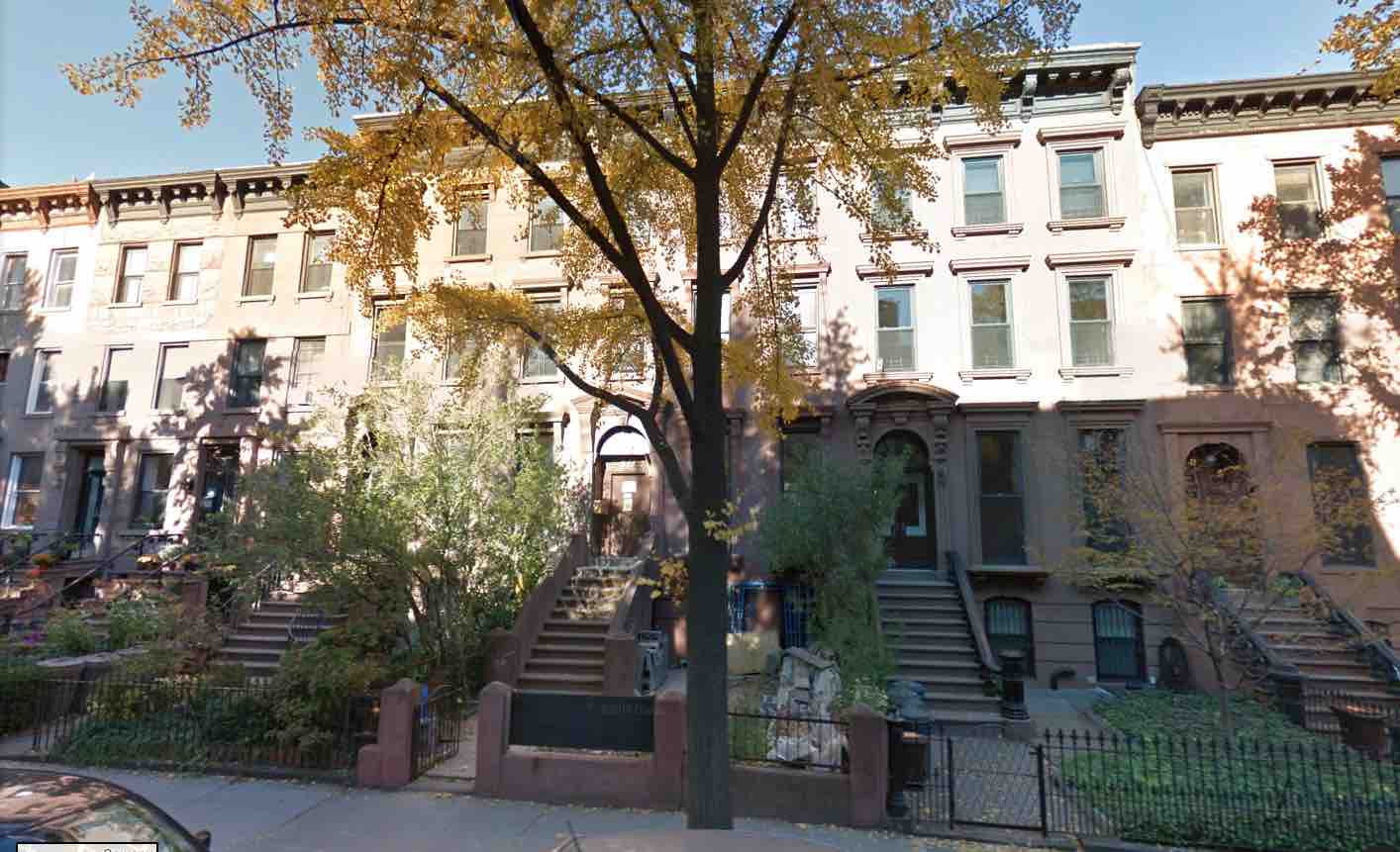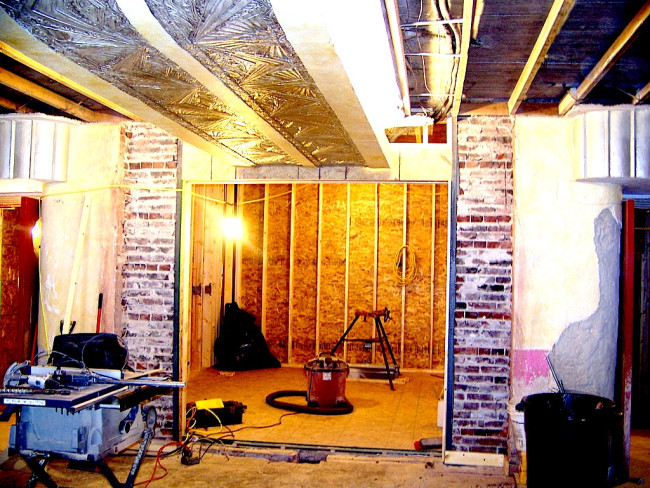All the NYC real estate scams Paul Manafort is accused of (so far)

Former Trump campaign chairman Paul Manafort is in deep trouble over money laundering and foreign lobbying schemes that he allegedly funneled through real estate purchases and loans in New York.
Former Trump campaign manager Paul Manafort, a longtime Washington lobbyist and fixer for murderous dictators, pleaded not guilty today to 12 federal felony counts related to an alleged $75 million money laundering scam carried out with business partner and fellow Trump campaign official Rick Gates. The allegations span continents, involving a maze of off-shore bank accounts and secret lobbying on behalf of pro-Russian political figures in Ukraine, but key to the scheme, according to the feds, were a condo in SoHo and a brownstone in Carroll Gardens.
For help understanding how New York City real estate came into play, here's a rundown of the allegations contained in the federal indictment.
Manafort and Gates are accused of taking in millions of dollars in payments from politicos in Ukraine for undeclared lobbying work, hiding the proceeds in companies incorporated offshore, and then laundering that money untaxed through massive expenditures including $934,000 at a rug store, as well as purchases of high-priced properties in New York City. In all, Manafort allegedly laundered over $18 million, and Gates allegedly passed $3 million to himself illicitly.
Prominent among Manafort's purchases was a $2.85 million condo on Howard Street in Soho, allegedly bought in 2012 with money from a Manafort-controlled company in Cyprus using an LLC owned by him and his family. In 2015, prosecutors say Manafort started renting out the condo for "thousands of dollars a week" on Airbnb and called it a rental property on his taxes. Despite this, he allegedly wrote to his son-in-law in January 2016 saying that the son-in-law should tell a bank appraiser he was living there with Manafort's daughter. Manafort also had Gates draw up a document listing the condo as Manafort's son-in-law's second home, according to prosecutors. Using these false representations, Manafort purportedly took out a $3.185 million loan on the apartment in March 2016.

Also in 2012, Manafort used an LLC to buy a brownstone on Union Street in Carroll Gardens for $3 million. This money too allegedly came from a Manafort holding in Cyprus. And also in 2015 and into 2016, Manafort allegedly took out construction loans, which are specifically reserved for construction work, and allow borrowers to take out more money on the premise that the work will increase the value of the property serving as collateral. Instead, Manafort is said to have used a $5 million loan with $1.4 million designated for renovations to pay back another mortgage, and make a down payment on a property in California. He also bought a $1.9 million house in Virginia with laundered money, according to the indictment.
Gates, meanwhile, is accused of spending his illicit, untaxed money on his mortgage, his kids' tuition, and interior decorating at his house in Virginia.
A Daily Beast reporter visited the Carroll Gardens brownstone today and found contractors hard at work on the house. A foreman told the Daily Beast that they were hired just two weeks and a day ago, suggesting that Manafort might have made a last-ditch effort to appear to be using the construction loan money properly.
Not mentioned in the indictment is another suspicious transaction involving Manafort's apartment in Trump Tower, reported on by WNYC earlier this year. As the station says, Manafort's purchase of the apartment for all cash through an LLC in 2006 coincided with his lobbying firm's signing a $10 million contract with a pro-Putin Russian oligarch. In 2015, he reportedly transferred the apartment to himself personally, then shortly thereafter borrowed $3 million against it. Law enforcement and real estate experts told the station's reporters that these and other transactions bore the hallmarks of money laundering.
New York City real estate has long been a magnet for international money launderers, owing to the city's rapidly rising property values and lax transparency requirements for shell companies. In 2016, following a series of reports on illicit real estate investing in Midtown by the New York Times, the U.S. Treasury started requiring title insurance companies to disclose the actual names of purchasers in New York for properties selling for $1.5 million or more.
You Might Also Like





























